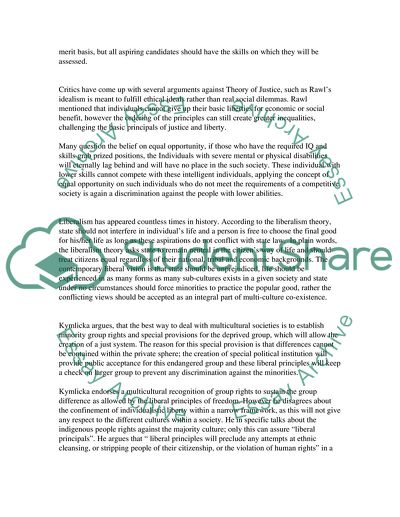Cite this document
(“Equality of opportunity: A Theory of Justice Essay”, n.d.)
Retrieved from https://studentshare.org/social-science/1499162-equality-of-opportunity-a-theory-of-justice
Retrieved from https://studentshare.org/social-science/1499162-equality-of-opportunity-a-theory-of-justice
(Equality of Opportunity: A Theory of Justice Essay)
https://studentshare.org/social-science/1499162-equality-of-opportunity-a-theory-of-justice.
https://studentshare.org/social-science/1499162-equality-of-opportunity-a-theory-of-justice.
“Equality of Opportunity: A Theory of Justice Essay”, n.d. https://studentshare.org/social-science/1499162-equality-of-opportunity-a-theory-of-justice.


